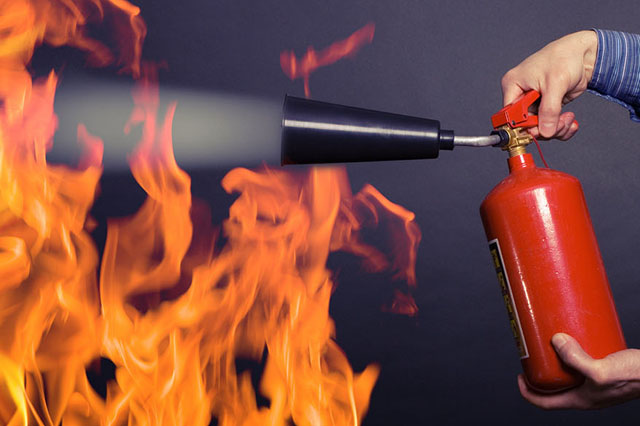For many people, heartburn is more than just an occasional annoyance. These people have a common digestive problem called gastroesophageal reflux disease (GERD). With GERD, the contents of the stomach flow back up into the esophagus.
Many things can cause GERD, such as being obese or pregnant. Your lifestyle choices may be to blame, or your digestive muscles may not work properly.
Although GERD is rarely life-threatening, it can lead to bleeding or ulcers in the esophagus. Plus, it may increase a person’s risk for a type of cancer of the esophagus. Scientists aren’t sure why.
Medicines
People with GERD sometimes need medications to ease their symptoms. Over-the-counter antacids can stop the acid. But when antacids aren’t enough, other medications can help lower acid.
Fill out our online Acid Reflux Assement Form
Medicines called histamine-2 receptor antagonists also can help cut stomach acid. They are available over the counter and by prescription. For people with more serious cases of GERD, doctors may suggest medications called proton pump inhibitors.
A Surgical Option
Lifestyle changes and medications help most people. Some people will need surgery. They include adults who don’t get better with medicine or who get severe nighttime heartburn. Surgery also can help those with a bleeding or narrowing esophagus or other problems.
If you have GERD, your doctor can help you decide the best treatment.
Learn more at the CRH Endoscopy Center

Is it GERD?
Heartburn and acid regurgitation are the classic signs of GERD. Other signs may include:
- Cough
- Hoarseness
- Chest pain
- Nausea
- Trouble swallowing
Fill out our online acid reflux assessment form below to find out if you are at risk.
Acid Reflux Assessment

